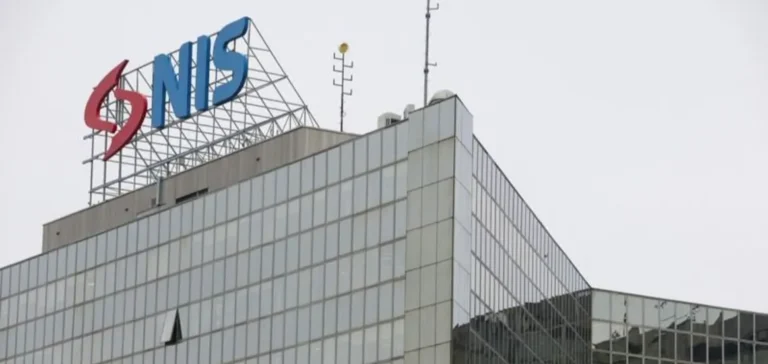Naftna Industrija Srbije (NIS), the dominant player in Serbia’s oil sector, is now subject to sanctions imposed by the United States. The nine-month waiver granted to the company expired with the non-renewal of a special licence previously issued by the US Department of the Treasury, marking a new phase in the enforcement of restrictions targeting Russian energy interests.
Impact on transactions and national distribution
The implementation of these measures could affect payment operations at NIS petrol stations. International payment cards such as Visa and MasterCard are now likely to be inoperative, although cash payments and local cards remain accepted. NIS, which supplies nearly 80% of the local oil market, stated that distribution remains stable and that no purchasing limits are in place at this stage.
Bojana Radojevic, head of retail at NIS, said that “sales are operating normally” and the company has put in place measures to avoid any service disruption. The firm also claims to have built sufficient oil reserves to ensure continuous operations at its refining facilities.
Regional consequences and exposed partners
The effects of the sanctions extend beyond Serbia. In Croatia, oil pipeline operator Jadranski Naftovod (Janaf), a key regional infrastructure firm and NIS’s main supplier, expects to lose €18mn ($18.96mn) by the end of 2025. Janaf highlighted its economic reliance on the Serbian client, underlining the regional repercussions of this American decision.
The president of Janaf stated that “the United States will not reverse its decision”, calling for adaptation rather than expectations of a policy shift. This statement reflects the growing sense of economic isolation felt by certain actors connected to regional oil infrastructure.
Shareholding structure and political pressure
Gazprom Neft currently holds 45% of NIS, while 11% was recently transferred to a Saint Petersburg-based entity. The Serbian state retains approximately 30% of the capital, with the remainder held by private shareholders. Although NIS represents only a minor share in Gazprom’s overall revenue, its geopolitical relevance is considered strategic.
Serbian President Aleksandar Vucic recently confirmed that talks are ongoing regarding a potential withdrawal of Russian shareholders. However, Moscow’s stance remains firm, viewing its stake in NIS as a political asset in Serbia.
Energy stakes and continued dependence on Russian gas
Serbia, a candidate for European Union membership, continues to maintain a neutral stance towards Russia, refusing to join Western sanctions. The country remains heavily dependent on Russian gas, which covers over 90% of its energy needs.
The supply contract signed in 2022 between Belgrade and Moscow is nearing expiration. Talks are currently underway to determine the terms of a new agreement, in a context where Serbia’s room for manoeuvre appears limited.






















